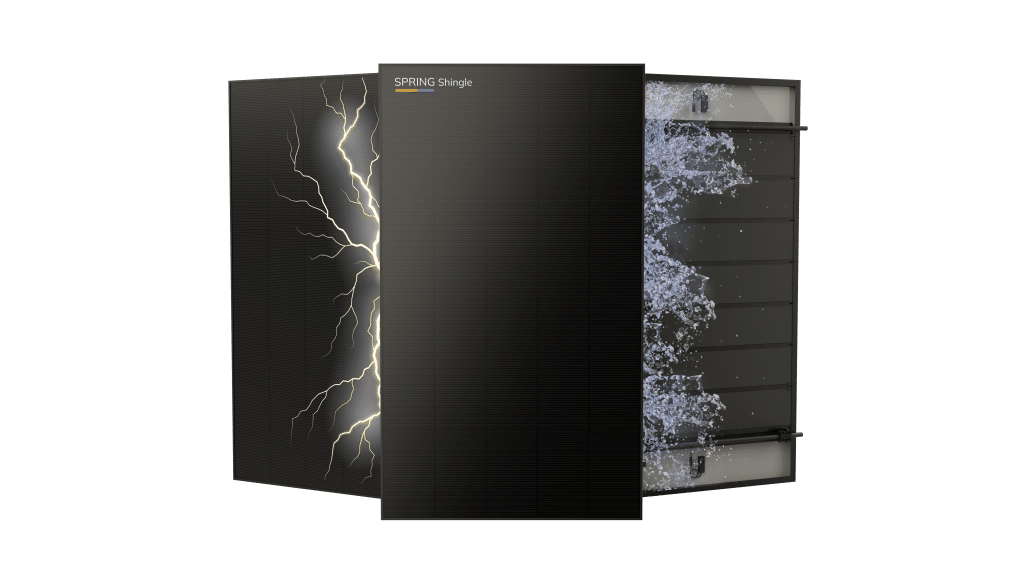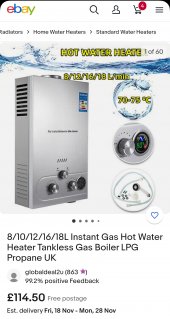matthewlord
New Member
- Joined
- Nov 7, 2022
- Messages
- 4
New here and I did do a little looking around for a discussion but didn't see much. We are building an off-grid cabin and as I'm designing our solar electric system I'm struggling with the best option for heating our domestic hot water. I do not want to use a specific thermal system and I don't have a location for a big tank. Our plans call for an instantaneous electric water heater but the power needed to run the unit seems extreme. I think I'm being pushed towards the older style of inefficient tank heaters. We really only have a crawl space for this if we don't use instantaneous. How have you all dealt with this? I don't mind investing in a large battery system. Anyone have experience with the mini tank point of use systems?






